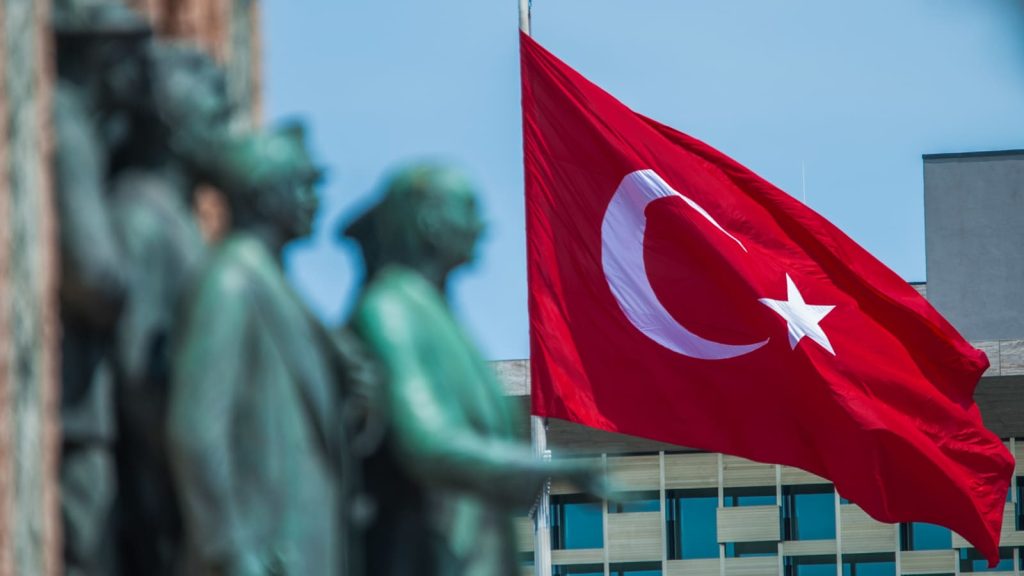Türkiye’s central bank raised its benchmark interest rate on Thursday, resuming its tightening cycle after one of the world’s highest inflation rates increased again last month.
The bank’s monetary policy committee voted to hike the policy rate from 45 percent to 50 percent, citing “the deterioration in the inflation outlook” in a statement.
The central bank had stated that the January boost would be the last, as the amount was sufficient to begin alleviating the cost of living crisis.
However, annual inflation increased again in February, reaching 67.1 percent.

The bank held its interest rate constant in February, despite raising it from 8.5 percent to 45 percent since June.
The central bank said Thursday that its “monetary policy stance will be tightened in case a significant and persistent deterioration in inflation is foreseen”.
Economists believe pressure on Turkish authorities is increasing ahead of municipal elections on March 31, as capital inflows have stalled and foreign exchange reserves have fallen again.
Inflation is a thorn in President Recep Tayyip Erdogan’s side ahead of the elections, as his ruling AKP party seeks to retake control of key cities, particularly Istanbul, which is now held by the main opposition party.
In a public event in western Türkiye on Wednesday, Erdogan conceded that the government faced a struggle due to high inflation.
“Today we are tested by the high cost of living and as a result the loss of welfare of our people with fixed income,” he said.
He did, however, tell employees and pensioners that as inflation fell, they would benefit from the economy’s improving outlook.
“We will overcome all these,” he said.


